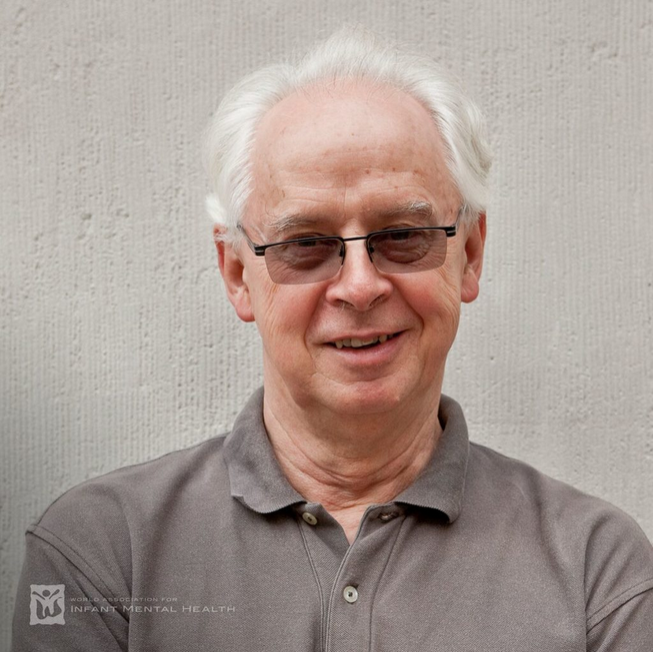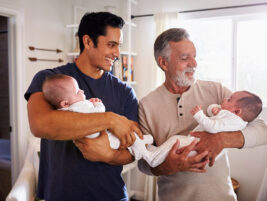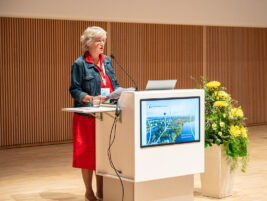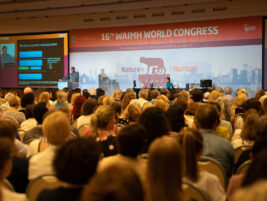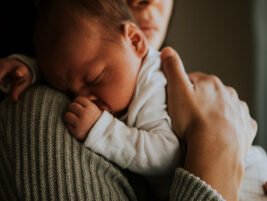Greetings from Naarm, Melbourne, where my home sits on the traditional lands of the Wurundjeri people of the Kulin nation who have been custodians of this part of Australia for some 60,000 years. I pay my respects to the community Elders, past present and emerging, and who have never ceded sovereignty. I’m very grateful to the First Nations peoples of Australia who are generous in sharing with us their culture, stories and optimism.
This will be my last missive from my presidential desk. At our forthcoming conference in Tampere, I will hand over the presidential responsibilities to Prof Astrid Berg, from Cape Town.
I have enjoyed an interesting time as president of WAIMH, starting during the onset of the COVID pandemic and now in its aftermath. We entered a new era with our successful hybrid Brisbane Congress, followed by a more traditional face-to-face and exciting Congress in Dublin last year. It has been a very busy time at the WAIMH Office and for the amazing and dedicated people who constitute your conference organising committees.
We now move quickly towards the Interim Congress in Tampere this June, in the time of the midnight sun. We have an excellent number of registrants for what will be a lively vibrant conference in Finland, featuring many contributions from the Nordic countries.
A major goal for WAIMH over these few years has been to increasingly broaden our reach to colleagues in less well-resourced countries and to improve our commitment and efforts to reach people who are disadvantaged, discriminated against, and not well-represented within our well-resourced countries. Services for and knowledge about the importance of healthy infant-parent relationships must be accessible to all. This is a serious and ongoing task for WAIMH and its outreach that includes, our publications (Perspectives in Infant Mental Health and the Infant Mental Health Journal) and our WAIMH website: www.waimh.org
In my day-to-day work within a busy women’s and children’s hospital network, I’m constantly in awe of the work of our nurses, allied health professionals, and medical staff working with sick and distressed infants and families. I’m also in awe of what families can do despite sometimes generations of adversity and exclusion in their quest for the best care for their children. I feel very privileged to be able to work alongside babies and very young children who have taught me so much about what it is to be human; what it is to be thoughtful and excited and to be able to play.
Through their gaze and their capacity for play and engagement, I’ve learnt so much. Similarly, I have learnt from parents who struggle through adversity to support their children. Even a three-month-old baby, in the middle of a gruelling course of treatment for bone marrow disease, can look to her parents, to smile, to purposefully move her swollen fingers and recognise who among her hospital carers can be supportive and attuned.
As we know, many parents, approximately, 20% of mothers and 10% of fathers will experience significant depression anxiety and mental illness in the perinatal period. As infant mental health clinicians we need to work with both troubled parents and troubled infants. This means also working closely with colleagues from the adult perinatal mental health realm. WAIMH has joined the partnership with the Global Alliance for Maternal Mental Health, led by Alain Gregoire from the UK. I know there are strong partnerships between infant and perinatal mental health clinicians and services in many countries, but there is a need for interagency collaboration to ensure greater resources and advocacy for prevention and intervention with vulnerable families.
In the midst of this, we must always strive to hear the voice of the infant.
On 23 April this year, and for the last three years we honoured the mental health needs of infants, children and adolescents on the World Infant Child and Adolescent Mental Health Day.
This year the focus was on engaging with young people through understanding their lived experience of mental ill-health. The group of four associations behind the Infant Child and Adolescent Mental Health Day sponsored several activities, including an online symposium that was held on the day. This symposium addressed the question: How can we give voice to the baby?… How do we recognize the lived experience of mental ill health for a baby, a toddler or a preschooler?
We know that infants have powerful capacities to read the emotions of others right from birth and they have strong ways of expressing how they feel. The baby’s behaviour, through voice, gaze, crying, smiling, hand and other body movements and posture, enables us to know how the baby feels and what they might be thinking. We know that babies can experience profound depression and other disturbances of social and emotional development. We can speak the baby’s language to let them know that we are trying to understand them as well.
“In their own words: Bridges to understanding mental health” was the theme of this year’s World Infant Child and Adolescent Mental Health Day, honouring the mental health needs of infants, children, and adolescents.
I think it’s very appropriate to our approach that highlights listening to the baby’s voice in the context of perturbations in their social and emotional connectedness.
I think exploring and understanding the words of infants is a crucial component of our work as infant mental health professionals.
As an organisation with limited resources, WAIMH has reached out to support our colleagues in areas of horrific conflict such as the Ukraine and now the horrendous destructive war in the Middle East after the Hamas terrorist attack in October last year. I do hope that there can be a cessation of conflict very soon with moves to peace as there is a huge amount of reconstruction and peace-building to be done, in many areas, across the globe. Our thoughts are with the families with young children in all conflict areas and for all of our colleagues in these areas.
There will be over 400 participants at our interim Congress in Tampere in June, and we will certainly be addressing the question about how to overcome the often gross inequalities in access to good mental health care for young children in many parts of the world, and within many well-resourced communities.
I would like to thank very much the amazingly dedicated team in Tampere at the WAIMH office who support all of us, Kaija Puura, Reija Latva, and Neea-Leena Aalto, and for the constantly creative and very accessible publication of Perspectives, thanks to Maree Foley, Salisha Maharaj, and Jane Barlow… You each keep the wheels of WAIMH turning.
I feel very honoured to have been able to work with the broad community that is the World Association for Infant Mental Health, and I look forward to ongoing fruitful connections and collaboration.
Campbell Paul,
Naarm, Australia
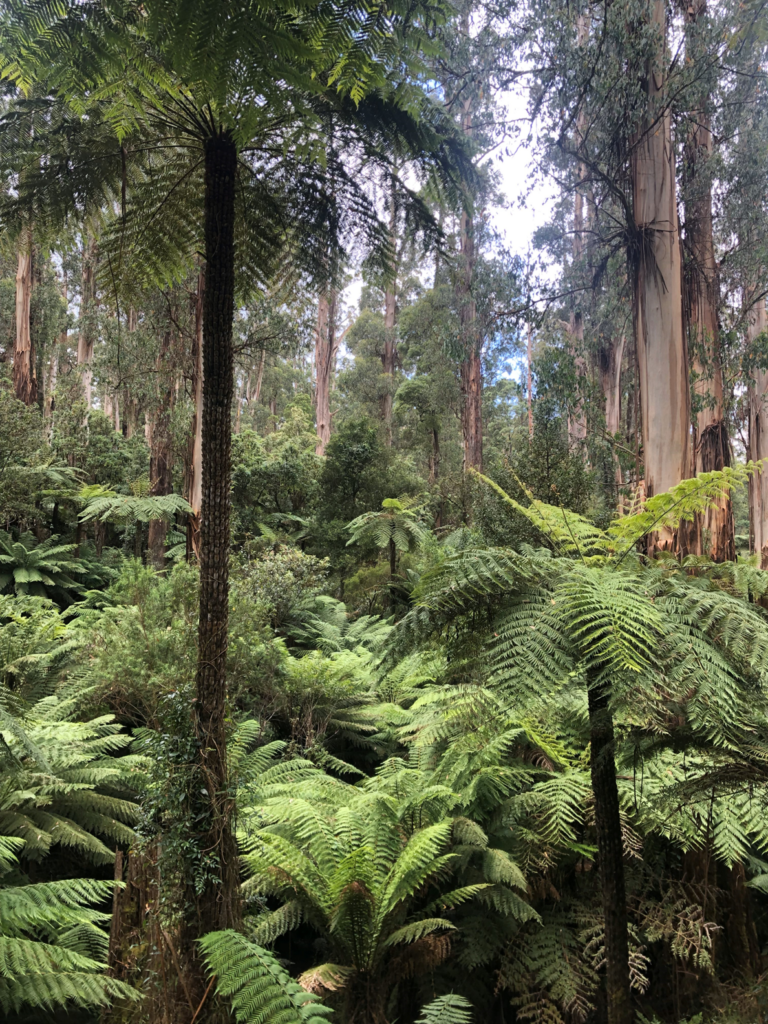
Authors
Campbell Paul, Melbourne, Australia
President of WAIMH, Associate Professor, Royal Children’s Hospital Melbourne, University of Melbourne, Murdoch Children’s Research Centre


